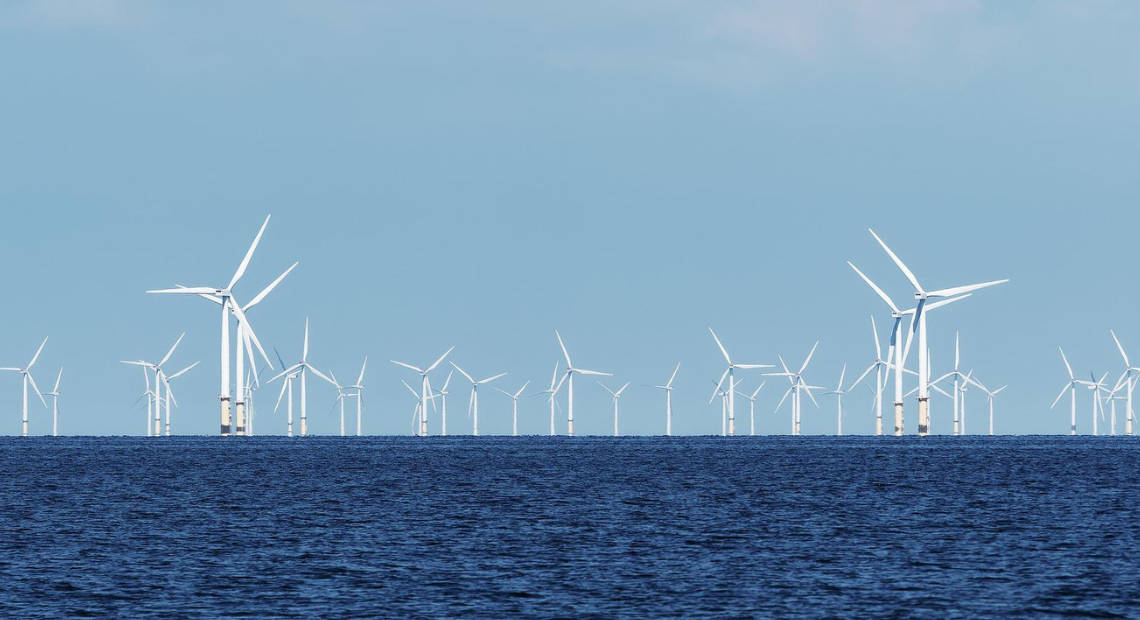We are excited to announce the launch of BLOW (Black sea fLoating Offshore Wind), a groundbreaking initiative aimed at harnessing the floating offshore wind energy potential of the Black Sea. Offshore wind is a clean, cost-efficient, and scalable power source, and floating offshore wind energy is expected to play a key role in unlocking the vast potential of deep-sea areas. The project started in January 2023, has a budget above 21 M€ and will last for 5 years.
The project will implement a 5 MW demonstrator in the Black Sea, paving the way for industrial mass production and the deployment of floating offshore wind farms. By coupling synergies with the oil & gas sectors, the BLOW project aims to accelerate the energy transition in the region and foster societal acceptance and cross-border policy development.
Our goal is to achieve an expected Levelized Cost of Energy (LCOE) of 87€/MWh by 2028, and an even more ambitious target of 50€/MWh beyond 2030. Additionally, we aim to reduce the environmental impact of the project by 40%.
We believe that BLOW has the potential to revolutionize the way we think about offshore wind energy, and we are thrilled to be at the forefront of this exciting new technology. We look forward to working with our partners and stakeholders to make this vision a reality.
From now onwards, Let the wind BLOW!!!!!
More about the consortium
The consortium is led by José Luis Domínguez, head of the Power Systems group at IREC, while the partners of BLOW include Eolink, Petroceltic Bulgaria, Gsp Offshore, Universitatea Maritima Din Constanta, Beia Consult International Srl, the Centre For European Policy Studies, Bexco, Mce Gmbh, Sivas Cumhuriyet Universitesi, Denizustu Ruzgar Enerjisi Dernegi, Fraunhofer Gesellschaft Zur Forderung Der Angewandten, Forschung Ev, Acciona Generacion Renovable, and Minno-Geolozhki Universitet St Ivanrilski as well as two Associated Partners as Brunel University London and the European Marine Energy Centre (EMEC).
More information about the project in cordis.
Funded by the European Union. Views and opinions expressed are however those of the author(s) only and do not necessarily reflect those of the European Union or CINEA. Neither the European Union nor the granting authority can be held responsible for them.
This work was funded by UK Research and Innovation (UKRI) under the UK government’s Horizon Europe funding guarantee [grant number 10063692] as part of the Horizon Europe [HORIZON-CL5-2021-D3-03] under grant agreement number [101084323].




